Hello!
I am going to dig a bit deeper with this blog as I’ve had some reflection as of recent that has influenced my perspective on creating an inclusive community of gardeners.
I’m constantly searching for the perfect balance of efficiency, encouragement, and knowledge when it comes to being a program coordinator for a gardening program. Ask anyone and they’ll say it’s a challenging combo. How do we answer all the questions while still encouraging self sufficiency in the garden? How do we juggle our time to make sure we are able to be a support for gardeners without stretching out our own capacity and burning out? And how do we create meaningful connection with everyone who passes through the program?
Every year I lead this program, I am constantly aware of how much impact this program can have in the lives of those who are able to participate in it. Every time I send that acceptance email, I know I’m changing someone’s life. And while that’s such an honor, it’s also a lot of pressure and these questions often pop up in my mind quickly followed by what could I be doing better? To streamline, to be more inclusive, to create a unique and supportive community. It quickly rises to the top that I constantly need to be aware, adaptive, open to good and bad feedback and accept that I should always be open to learning from those around me to create better systems. Below are some ways I’m acting to improve the system this year.
Implementing empowered participation throughout the program
Creating a space for quiet voices, time for participants to interact with each other, and making sure everyone feels empowered to participate in the conversation is something I’m trying to develop more this year. Traditionally, workshops have been a lot of information with not a lot of time for interaction. My goal this year is to create more time for gardeners to interact with each other and create a more inclusive space for everyone to voice questions, offer advice to each other, and feel comfortable leaning on each other instead of just me. Which leads me to my next intention. Peer-to-peer learning!
Leaning on more peer-to-peer learning
Often, I find gardeners coming to me with every question, and while I’m always happy to answer questions, I would like to see more problem solving happening among one another. Therefor, starting in May, I will be implementing problem solving sessions at the beginning of each workshop. For the first 10-15 minutes of the workshops, gardeners will split into pairs to discuss problems in their garden and then offer solutions to each other. At the end, they will do quick share outs to the whole room so everyone can benefit!
I am also considering adding some type of group garden visit option in July so folks in the program that want to see and learn from other gardens, can! Stay tuned – idea in progress.
Frequent check-ins
Not only is it important to foster peer relationships, but it’s important that gardeners feel cared for and listened to. I frequently send out emails and engage online, but it’s not quite the same as having an in person conversation. I want to be better about making sure everyone in the program feels like their needs are being met (to the best of my ability). I’ve found that distributions are the perfect place to have a quick one-on-one check in with each family. We do drive through car pick ups, so I make sure they have everything, know how to use/plant everything they’re picking up, and answer any questions they have in that moment. It doesn’t eat up my time as much that way and everyone gets special attention.
No matter the question, I make sure I display warmth, have a smile on my face, and am displaying a sunny disposition. It is important to me that every single person feels good leaving a program event. Even if I have to go home, not talk to anyone, and stare at a wall for a few hours afterwards to recharge :).
Establishing trust
Frequent check-ins establish trust and trust between gardeners and program coordinators is what leads to better harvest totals, participant retention, and overall better engagement with the program.
Always, always to be willing to learn, admit when you don’t know, and be transparent.
This is something I find myself struggling with most often. While I do consider myself a lifelong learner, sometimes it’s hard when more often than not, I do not know the answer. It takes some getting used to when the influx of questions inevitably comes flowing in. Shouldn’t I know this? I know I’ve answered it before! The reality is that our brains don’t always remember everything or things get turned around and you might say something that’s wrong and that’s ok.
Permission to be messy is a big thing I’m learning right now. Allowing myself to be messy is hard, but it’s an important part of the work I’m conducting. If you’re like me and learn by watching then my gardeners are watching me! If I show it’s ok to be messy, then they know it’s a safe space to be messy in. Upholding these values can be a big turning point in establishing trust among a community. Below are some examples of community agreements to uphold in workshops and gardener spaces.
We create a brave space:
- We make space for all voices.
- We are present show up.
- We seek to understand.
- We accept permission to be messy.
- We share leadership and power.
- We call ourselves in and continually grow.
- If we are here, we are equal.
I hope you enjoyed my attempt at sharing something a little deeper than my normally scheduled programming. The concept of empowered participation is something that has become very close to my heart and something that I want to uphold in all the different spaces I find myself in.
Until next time,
Rosie McVeigh
Build It Up East TN
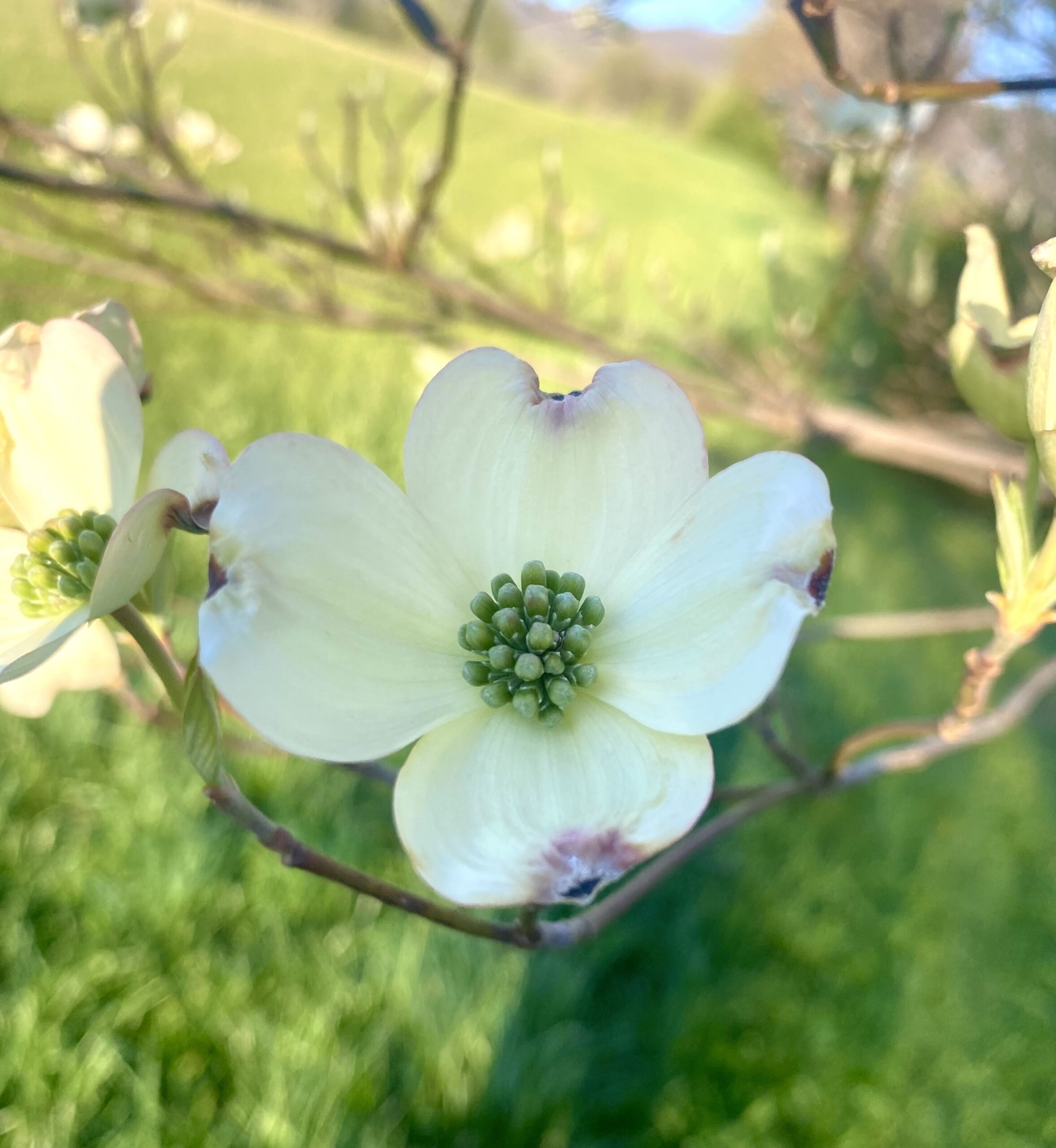
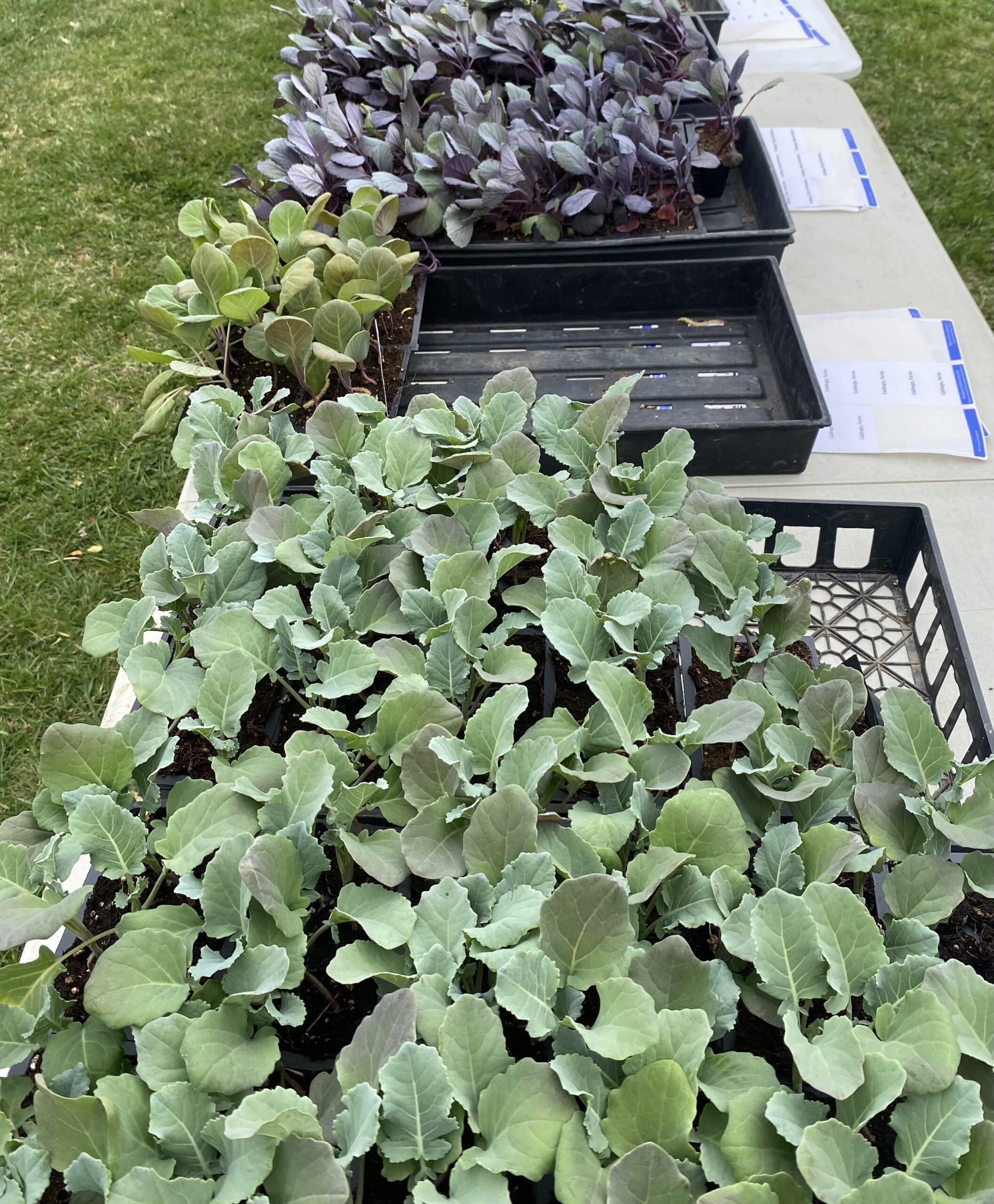
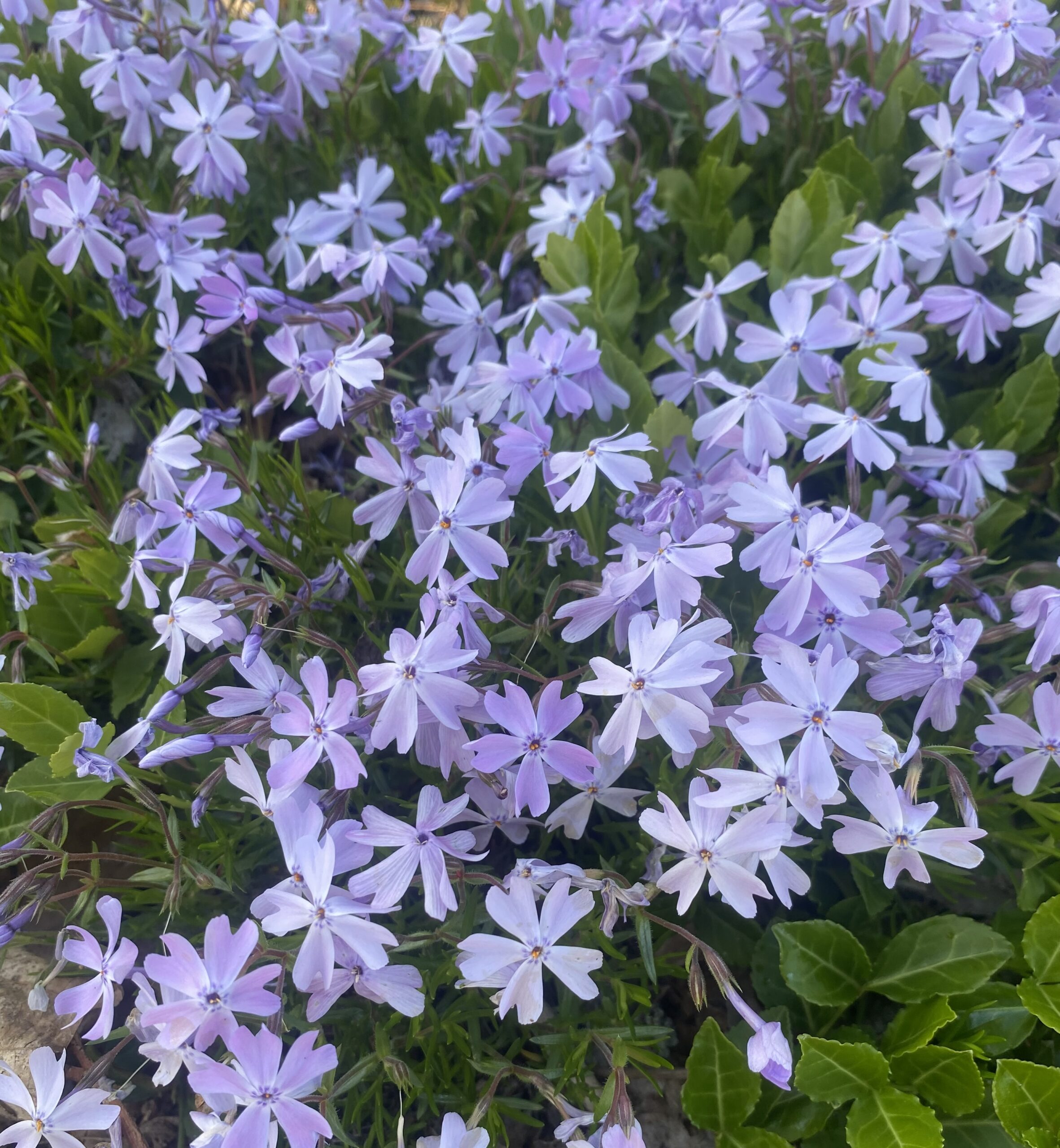
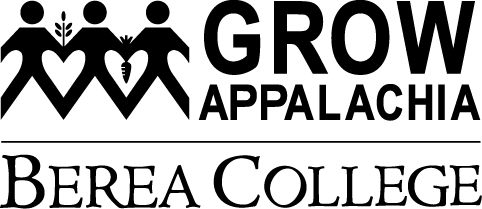
I truly loved reading this update, Rosie. I love the peer learning & group garden visit ideas, and I’m eager to hear how your gardeners respond to them! I haven’t heard of the term empowered participation, but I am sure glad you’ve introduced me to it!
Rosie, this is powerful. Thank you so much for sharing! – Candace